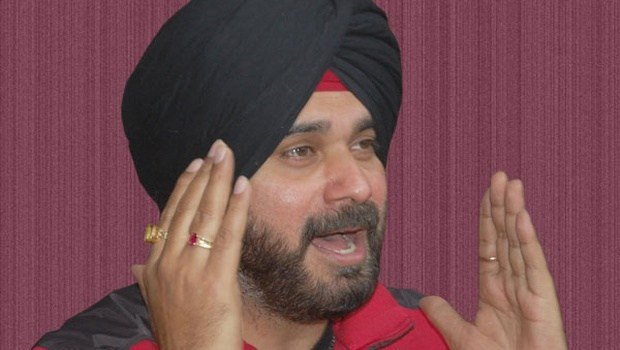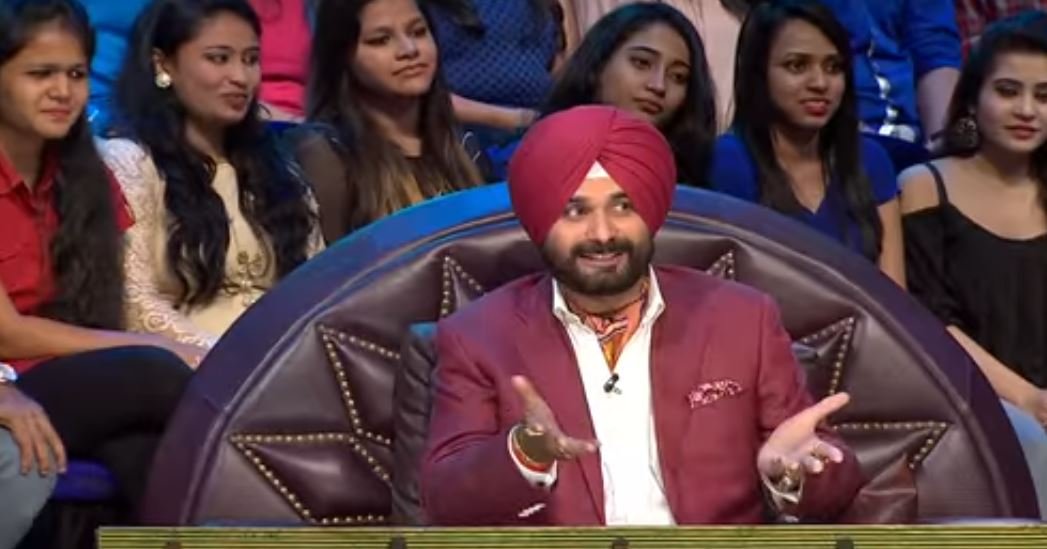The Punjab and Haryana High Court on Thursday observed that it cannot issue any direction against former cricketer-turned Punjab minister Navjot Singh Sidhu’s participation in a television show due to absence of any statutory provisions.
“People emulate these things… No doubt those in public life should exercise restraint, but how far can we go? We can’t start moral policing of politicians,” a bench of Justices SS Saron and Darshan Singh observed.

The court was hearing a Public Interest Litigation (PIL) filed by Chandigarh-based advocate HC Arora against Mr Sidhu’s continuation with ‘The Kapil Sharma Show’ after becoming a minister in the Amarinder Singh Government.
The court, however, did not accept the plea of the advocate general, who had questioned the “maintainability’ of the PIL, and asked him to respond to various issues raised in the petition.
Earlier, the state Advocate General, Atul Nanda, argued that in the absence of provisions, the court of law cannot interfere. He contended that there is no convention, “but even if it is assumed that it existed, the court can’t issue a direction for enforcement of convention in the absence of any law”.
Asked by the bench whether a convention can be enforced, Mr Nanda cited the judgements of the Supreme Court. He submitted a 600-page compilation of precedents where the courts have categorically stated that they will not enforce conventions.

The bench heard the arguments of the parties for about two hours.
“Lakhs of people follow the example set by ministers, and public conduct of ministers is being watched.
“In such a situation, can a minister resort to a conduct which is not in consonance with the dignity and status of a Cabinet Minister?” the bench asked the advocate general. Mr Nanda maintained that Mr Sidhu has not violated the code of conduct for ministers.
The petitioner argued that the Cabinet Minister is not only participating in the comedy show, but is also appearing in an advertisement, and promoting a “magic machine” for learning spoken English.
Such conduct of a minister must be interfered with, the petitioner submitted.
Mr Arora quoted a 2004 judgement of the Supreme Court in Jayalalitha’s case, wherein referring to enforceability of Code of Conduct, the Supreme Court had observed that “morally speaking, can there be one law for small officials of the government and another law for the chief minister…?”
The petitioner argued saying, “a stage has come, when the high court should come forward to interfere in the matter of code of conduct, as a Cabinet Minister promoting ‘magic English speaking machines’ is something unheard of in the past.”
The advocate general, however, interjected and told the HC that this advertisement was shot by Mr Sidhu several years ago.
On being asked by the petitioner, he could not disclose as to when the contract for this advertisement is expiring.
The advocate general argued that the code of conduct for ministers is not enforceable through courts.
At this stage, the bench repeatedly asked him, “Assuming that the code of conduct is not enforceable through courts, then the question would arise – whether it is worth the paper on which it is written?”
“We may feel that Sidhu while working as a minister and a television actor may be ethically wrong, but this is no violation of law. We can only stop him from working if he is violating a law and not on the basis of moral or conduct grounds.
“Participating in a television show is an engagement of an artiste and not a business or employment. The petitioner should prove that it was a propriety or conflict of interest issue,” the bench observed.
The next hearing will be on August 2.

















